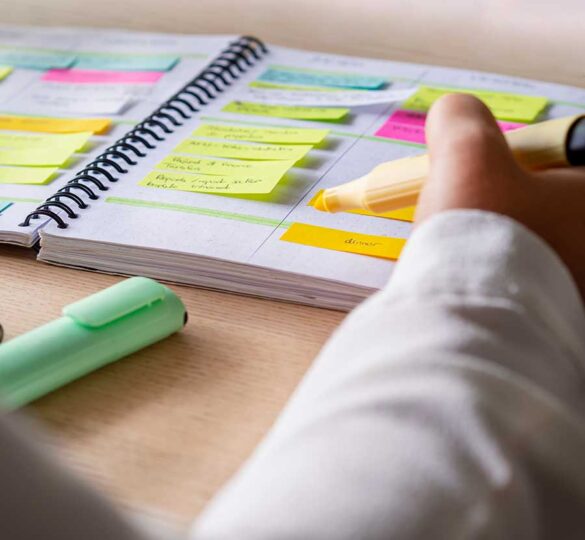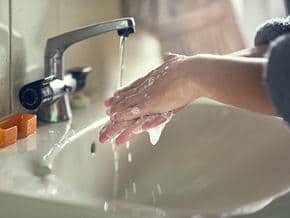What You Can Do to Manage Your Glaucoma

By getting informed, making healthy choices, and keeping organized, you can establish a health routine that works for you.
Keeping track of glaucoma medications along with your other schedules and responsibilities can be challenging.
By getting informed, making healthy choices, and keeping organized, you can establish a health routine that works for you. We hope you find the following tips helpful in managing your glaucoma.
Know Your Medications
- Tell everyone on your health care team, including your family doctor and other specialists, that you have glaucoma and what medications you are taking. This will help them in prescribing treatments that won’t interfere with your glaucoma medications. Be especially careful about using any medication that contains cortisone.
- Some medications may cause you to experience strong side effects. Be sure to tell your doctor about any side effects you experience once you have started your medication. The intensity of your side effects may mean you need a different type of medication.
- Let your doctor know if, for any reason, your medications are not working for you, or if your daily routine has changed. Your doctor may be able to solve such problems by changing the type or timing of your medications.
- Report any changes to your doctor, especially eye irritation, watering, blurring or scratchiness, unusual discharge in the corner of your eye, temporarily cloudy vision, or rainbows around lights at night.
Medication Tips
- Make your medications part of your daily routine, perhaps by taking them when you get up, at mealtimes, and/or at bedtime. Use an alarm on your watch or phone to remind you when to take your medication.
- If you forget to take your prescribed medication, take your medication when you remember, then get back on your regular schedule.
- Get an extra supply of medication in case you misplace a bottle of eye drops or pills. Take an extra prescription along with you on trips away from home.
Stay Organized
- Keep a record of each medication you are taking. Write down the name, dosage, and the number of times it should be taken each day. Keep it in your purse or wallet. This reminder can help you remember how often to use your medications.
- Schedule your next checkup before you leave the doctor’s office, and put the appointment on your calendar or smartphone.
- Go for a checkup before you go on a long trip or start a long-term, demanding project.
- Write down any questions you have about your eyes, vision, or medications before you see your doctor. During your checkup, bring this list of questions, and write down your doctor’s answers.

Stay Healthy
- Try to keep your eyes clean and free of irritants.
- Don’t rub your eyes, even though some glaucoma medications might make them feel itchy or blurry.
- Wash your hands with soap and water before and after putting in glaucoma eye drops.
- Wear goggles when swimming, and wear protective glasses when doing yard work or when playing contact sports.
- Take care of the rest of your body. Keeping in good general health is just as important as taking care of your eyes.
- Eating healthy foods, getting enough exercise, not smoking, not ingesting too much caffeine, and staying at a healthy weight are important. Check with your doctor before you start any strenuous exercise program.
- Space out your fluid intake, and lower your salt intake. This will help prevent fluid retention.
- Reduce the day-to-day stress in your life. Be sure to make time for fun and relaxation.
Last reviewed on March 16, 2022